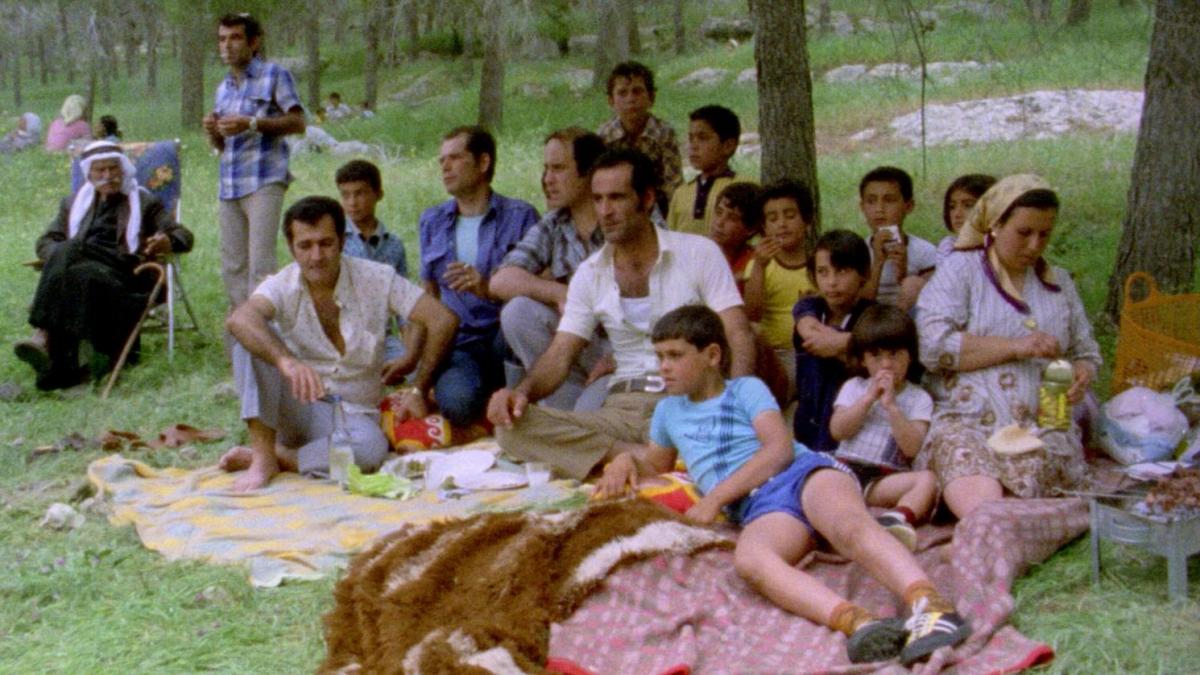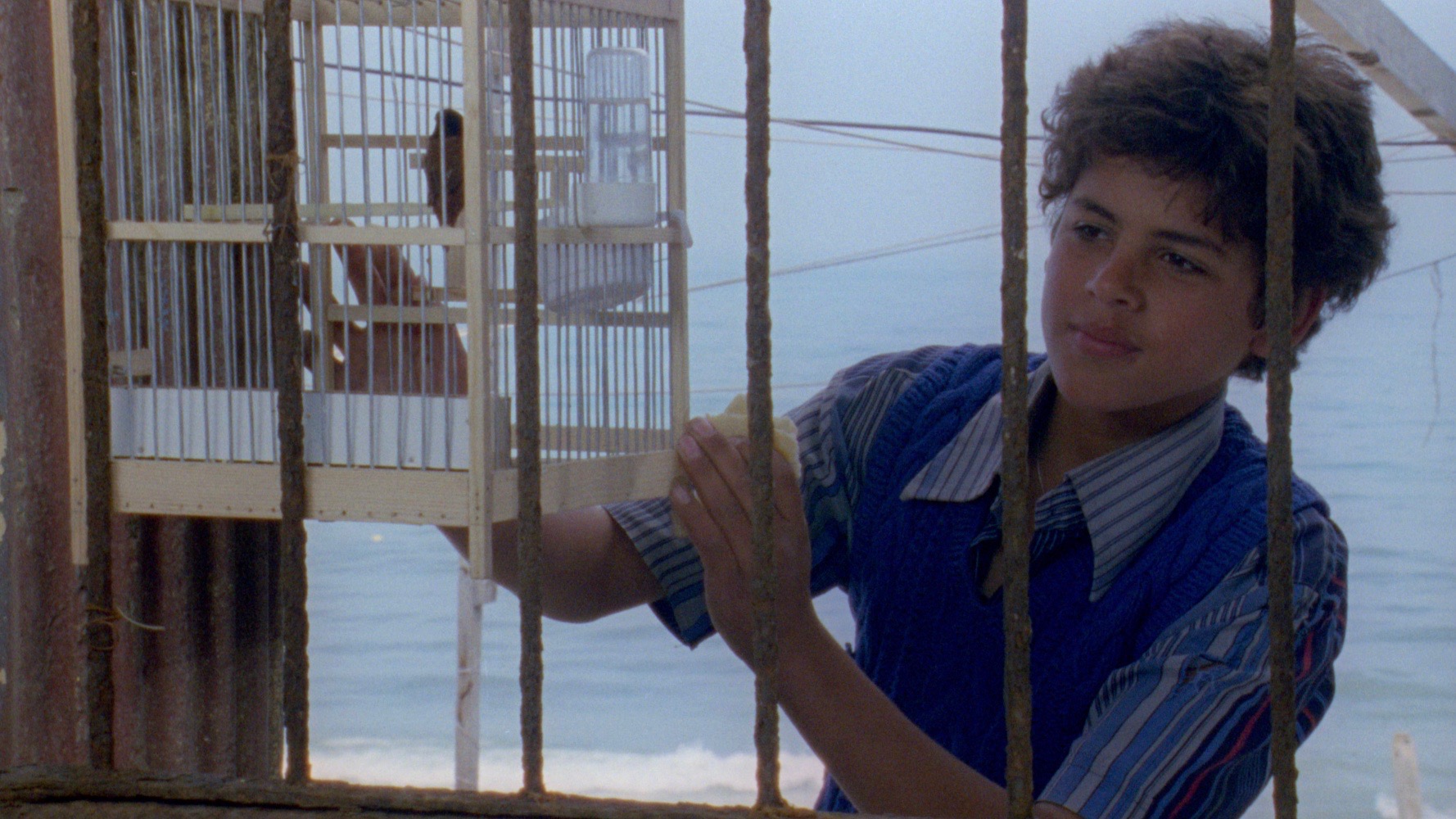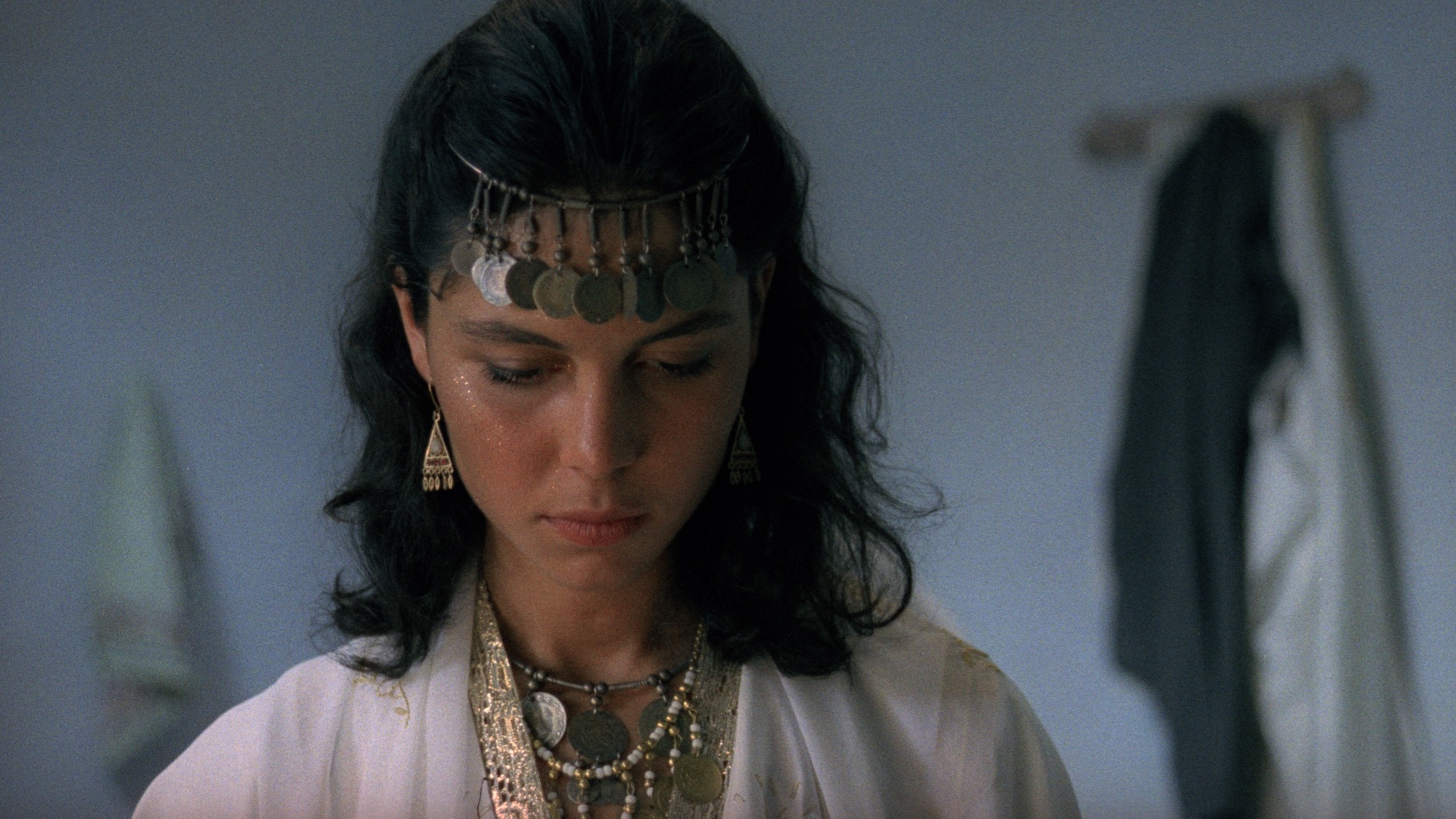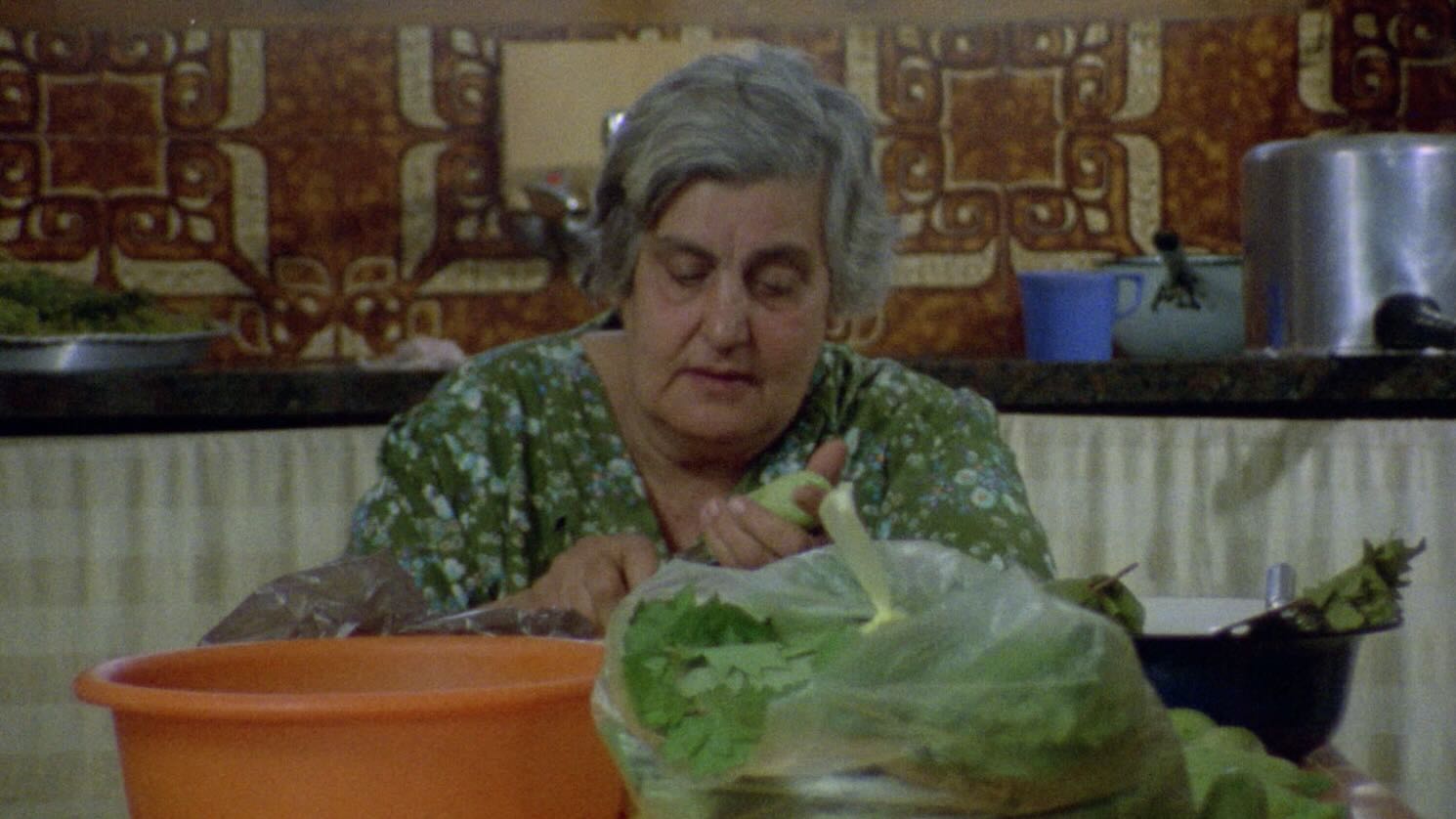For a long time, the original inhabitants of the Palestinian village of Ma’loul, located in Galilee, destroyed by Israel after the 1948 War, were only allowed to visit their old village once a year, on Israel’s Day of Independence. The film follows them on that day and reveals a world of painful memories and the villagers’ profound determination to cling to their ancestral land. Village elders recall the destruction of both their property and harmonious way of life, as youngsters scramble to savour and absorb their forbidden heritage in a single, precious day. lntercut with these scenes, a teacher in a Palestinian classroom explains to his teenage students the history of Palestine, the Holocaust and the creation of Israel.
“One of the reasons that Khleifi’s films resound, I believe, with so many people, and myself included, is that they are so human. He aims to make visible l’invisible, trauma, memory, the human experience, and give that or they who cannot be seen the same level of drama and complexity as the universe, with equal importance and weight, and with all of the emotions we are capable of: despair, hope, joy, sadness... ”
Rebecca Jane Arthur
“Above all, it is the distance between the two histories: the history of the Jews as quoted by the teacher and reenacted by the director, and Arab history as documented through individual reminiscences. Ma’loul Celebrates its Destruction thus indicates the differences necessary for the recounting of a full historical narrative. These are the differences between time and time, between memory and memory, between the place that was and the one that is, between the two peoples. The film integrates the traumatic story and the story of the attempt to overcome it. Thus it offers a history of trauma as well as another history - that comprised of the double image: present/past, two representations simultaneously illuminating and obscuring each other.”
Nurith Gertz and George Khleifi














